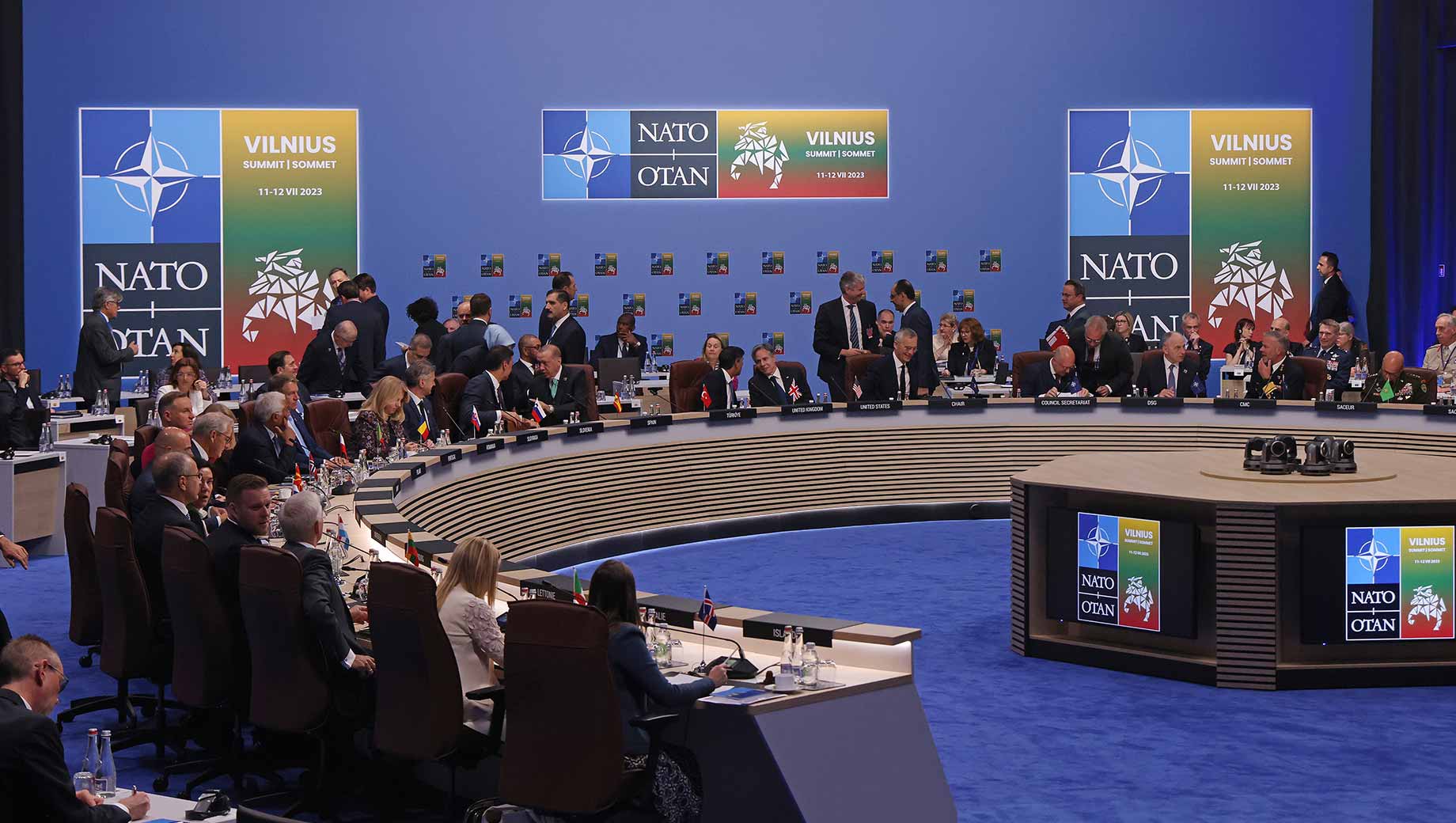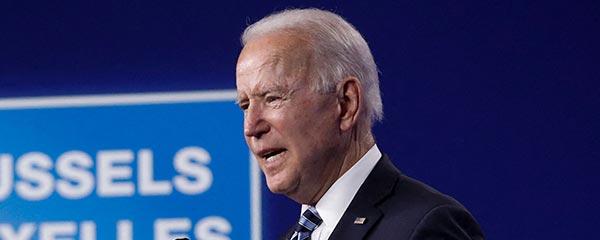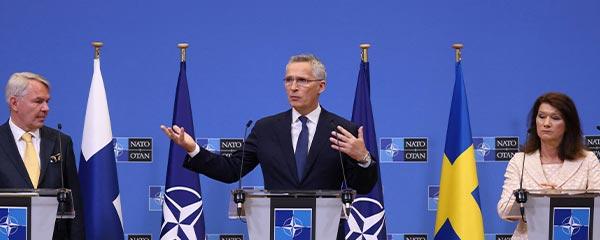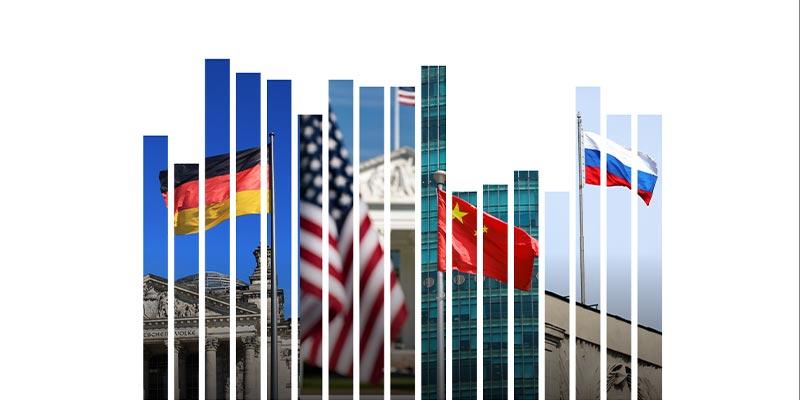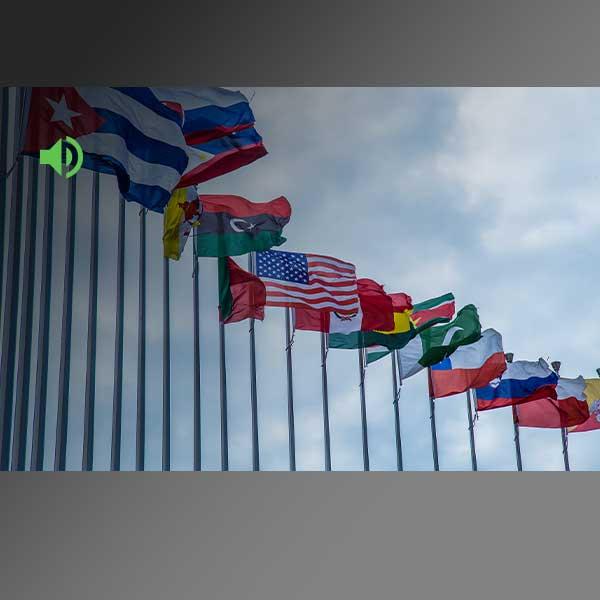This article is republished from before the recent NATO summit.
WASHINGTON, D.C. -- The road to Vilnius, Lithuania, for the annual NATO summit next month has been a rough one. Grappling with extreme geopolitical challenges related to the war in Ukraine and the enlargement of its membership, NATO’s performance is under intense scrutiny worldwide.
Gallup’s first global measure of perceptions of the organization’s leadership in 2022 showed that across 138 countries, median global approval of NATO’s leadership stood at 34%. Slightly fewer worldwide disapproved (30%) of the alliance, but a high percentage (27%) also did not have an opinion -- which speaks to NATO’s relatively limited visibility outside of its membership.
Among NATO member countries, median approval of the alliance's leadership in 2022 stood at a robust 64%. In contrast, approval was half as high among non-member nations, with median approval sitting at 31% among non-member states and just as many disapproving (31%) or lacking an opinion (31%).
From Madrid to Vilnius
The past year has reinvigorated NATO. In Vilnius, the issues of regional security in Europe and the larger purpose of an organization with an ambiguous geographic mandate will occupy the minds of leaders.
Russia’s invasion of Ukraine last year has stirred pro-NATO sentiments in historically neutral European capitals and expansion is seen as a means to bolster the alliance. In Finland -- which joined NATO in April 2023 -- 81% exhibited support, second only to Norway, one of the 12 founding members. In Sweden, which is seeking membership, 74% of residents approved.
Sweden's bid is hampered by NATO's collective security principle that allows members, such as Türkiye, to veto expansion. Ankara's opposition stems from Stockholm's backing of Kurdish groups linked to the 2016 coup attempt. Despite having one of the lowest approval ratings of NATO’s leadership among members (20%), Türkiye maintains a flexible foreign policy, balancing relationships for its strategic benefit.
The politics of Ukraine’s bid for membership will likely follow a similar pattern with bargaining between self-interested parties. As expressed by former Secretary-General Anders Fogh Rasmussen in a conversation with Politico, the summit presents an "excellent opportunity to invite Ukraine to start the final negotiations on joining NATO." The alignment of the U.S. with this ambition remains pivotal. The pro-membership faction, spearheaded by the United Kingdom, Poland and the Baltic states, faces the task of swaying Washington toward their accelerated timeline.
The majority of Ukrainians (54%) approved of NATO’s leadership, underscoring the fact that many Ukrainians believe that the alliance can do more to help them stop Russia. The majority of Ukrainians (64%) also expect their country will join the organization in the next 10 years.
NATO vs. the Rest
Beyond Europe, the dividing lines between members who want NATO to do more and those who want it to double down on existing commitments will likely stir debate in Vilnius. Before Russia disrupted the European security architecture, the purpose of NATO was being questioned. The pivot to Asia of the de facto leader of NATO, the U.S., raised questions about the relevance of the alliance beyond its historical European core. In France, where 61% approve of NATO, President Emmanuel Macron recently expressed opposition to NATO's proposal of creating an office in Tokyo, asserting that the transatlantic security alliance should maintain its focus on its original geographic area of concern -- the North Atlantic region.
This tension will likely raise questions about the purpose of NATO in the 21st century. In the 1990s, its out-of-area operations in the Balkans were seen by China as problematic in line with Beijing’s traditional stance on sovereignty and non-interference in the internal affairs of other nations. The contrasting views of Kosovans and Serbians, who were on opposing ends of the conflict, highlight the legitimacy issues which plague NATO beyond its borders.
Bottom Line
In the future, regional security may shift to the periphery of NATO's focus, making way for a different concern: the ascendant power of China. Whoever occupies the White House in 2025 will likely set the pace of this possible strategic transition. In such a scenario, Poland, where support for NATO’s leadership is high at 81%, combined with its increasing military power, can take a more prominent role in regional security.
Regardless, just as the location of this year’s summit in Vilnius is symbolic of NATO’s collective stance against Russia, next year’s summit in Washington, D.C., could send a different geopolitical message entirely.
For complete methodology and specific survey dates, please review .
Learn more about how the works.
